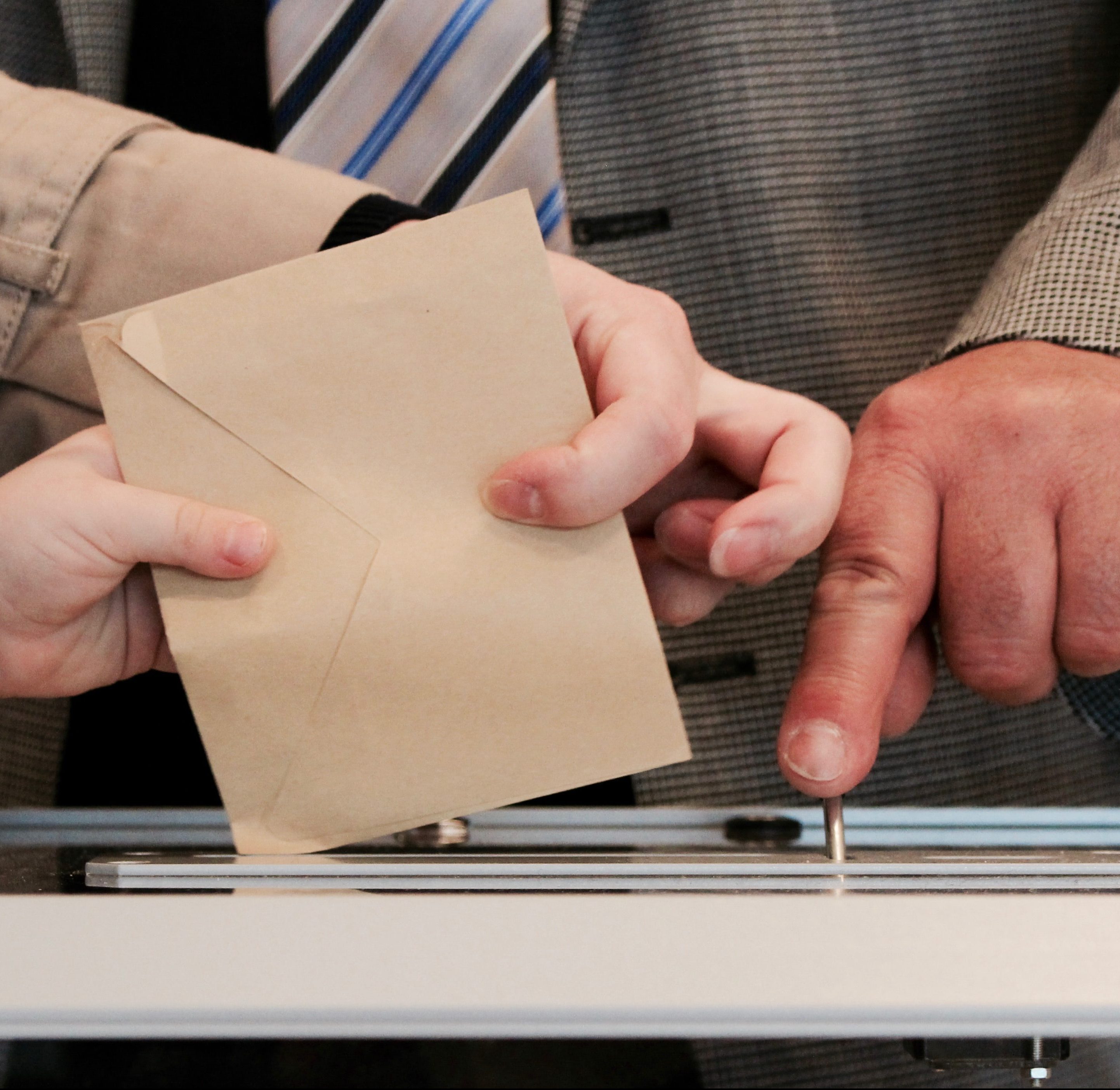Photo by Marek Pospisil via Unsplash
Receiving news in Canada has gotten considerably harder in the past few months. Meta, the company with ownership in Facebook and Instagram, is blocking Canadians from viewing news stories on their platforms.
The news ban, which started on Tuesday, August 10th, means that Canadians can no longer view, share, or click on links to news stories.
The ban is universal and will affect almost every Canadian on Meta’s social media platforms. Meta has stated that their interpretation of what qualifies is based on definitions provided in the legislation, which is a response to a bill that the Canadian Government passed, defined as the “Online News Act.”
This bill forces major social media companies such as Facebook and Instagram to compensate news organizations featured on their respective platforms. Meta hopes that by restricting the Canadian people and limiting access to news content it will pressure the Government of Canada to change its official position in respect to the ban.
Small and independent publications are being hit the hardest by the news ban, especially Canadian student lead newspapers. The Athenaeum, Acadia University’s student-run newspaper, for instance, has been greatly affected by this ban. Our team, and many others across Canada, have lost the ability to use our original Instagram as a repercussion of the ban, which has disconnected us, and many other papers from their readers.
Posting to Instagram allows news creators to keep a communication center with the general public, which can go further for reaching their audience than going to their website. Social media for news creators not only allows reporters to connect with the public more easily but also to make sure the public receives the information most important to them, which could include essential community information.
The disruption in news for Canadians’ feeds will result in fewer opportunities to be informed by accurate news stories. If news is not spread on social media, what is being spread in its place?
Misinformation is already common on social media. While taking a voice away from journalists and news organizations, the ban could allow misinformation to spread like wildfire. Not only that, but the resurgence of hate against marginalized groups is heavily affecting our communities. If social media companies do not take appropriate action, and place a ban upon the professionals who try to, one must wonder why Meta does not want news on its platforms.
Meta itself only acts in a very limited manner when responding to misinformation.
Often, people go to social media to discuss news events, and it has become a public forum where citizens can share their voices, connect, and organize with their fellow citizens. With the loss of these news organizations on social media, misinformation will take over platforms.
During the pandemic, Meta platforms were a hotbed for COVID-19 conspiracy theories. Meta’s own Oversight Board has warned Facebook about the impact of Facebook’s recommendation algorithm amplifying dangerous health-related information. Meta has stated that the bill “Misrepresents the value news outlets receive when choosing to use our platform.” The company claims news organizations voluntarily share their content to grow their audience.
Google has also dug in its heels with the legislation. Kent Walker, the Global Affairs president of Google claims the Online News Act is “unworkable.” The company claims the bill opens Google up to uncapped financial liability even though Google made almost $60 billion in net profits in 2022.
In California, the government considered a similar bill entitled the California Journalism Preservation Act. However, in response to early pressure from the social media company, the California government has put off the legislation until 2024.
The Canadian Government has made comments on Meta’s action but as of so far no concrete action has been taken. The Minister of Canadian Heritage Pascale St-Onge has responded to Meta’s actions, calling them “irresponsible,” and that Meta’s policy would “Block their users from accessing good quality and local news instead of paying their fair share to news organizations.”
The leader of the opposition, Pierre Pollievre, stated in response to Meta’s actions: “Who would ever have imagined in Canada the federal government would pass laws banning people from effectively seeing the news?”
Despite this, the federal government’s bill would not ban news in Canada. It would ensure fair revenue sharing between platforms and news organizations, and provide a framework for news organizations and platforms to reach an agreement.
Canada is in good company in its troubles with Meta. The social media company set its sights on Australia in 2021. The Australian government had passed similar legislation to Canada which required corporations to pay news creators. Although an agreement was reached after a week, corporations could get around paying independent news creators if they signed enough separate deals with media companies themselves. These deals reportedly reached $200 million in value and included over 30 commercial agreements.
This solution may not be possible in the Canadian context. Unlike in Australia, the Canadian Government’s legislation has already passed and will take effect by the end of the year. Meta is especially frustrated with the section which stipulates that they would have to pay creators directly when someone gets to a story through their social media platform. Less and less money is being poured into the news. Online ads can only do so much, and physical editions are not what they used to be. This money is needed to keep the news alive and healthy, which these corporations have the money to pay for.
Overall, the government’s main goal of the bill is to strengthen the news ecosystem in Canada. The bill comes at a time when news in Canada continues to shrink. One of Canada’s biggest papers, the Toronto Star was almost bought by Postmedia.
Postmedia owns multiple newspapers in Canada, such as National Post, Financial Post, Calgary Herald, and the Vancouver Sun amongst others, which all lean politically right in their news coverage. Readers of the Star were worried that one of Canada’s only remaining leading center-left publications would have its editorial compromised by post-media acquisition.
There has also been notable pressure on CBC as of late. The public institution provides national coverage through every medium including online, television, and radio. Meanwhile, the Star provides essential coverage to communities across the country. CBC is incredibly important for keeping journalism alive and well in Canada, especially in rural areas.
Bell Canada Enterprises Inc. owns both CTV and Noovo in Quebec. These companies have united with other private companies such as Rogers (CityTV) and Quebecor (TVA) to pressure the competition bureau to review CBC/Radio-Canada over competition which it claims is hurting their networks. This is to dispute the reality of the billions in profits each of these companies have made. CBC, in comparison, does not operate for profit, instead, it aims to provide news and content for Canadians to enjoy and be informed by.
Corus Entertainment (Global News) has responded by a halt in advertising with Meta. It encourages meaningful discussion around the law.
A democracy needs a free press to function. Without it, the public can never properly criticize their government. A government that does not rule by the wishes of the people is not responsible. In order for voters to make informed decisions involved in casting their ballot, they must be educated and have kept up to date with information about it.
The press has the incredibly important responsibility of holding power accountable. It does this by highlighting the truth. Individual Nova Scotians do not have the time and resources to investigate every meaningful thing that happens in this province. Instead, they need a set of trusted and responsible journalists who will keep the public informed.
This harassment of the Canadian press system threatens the structure of Canadian democracy. It risks playing games with voters’ knowledge, which could have disastrous effects next election time.





